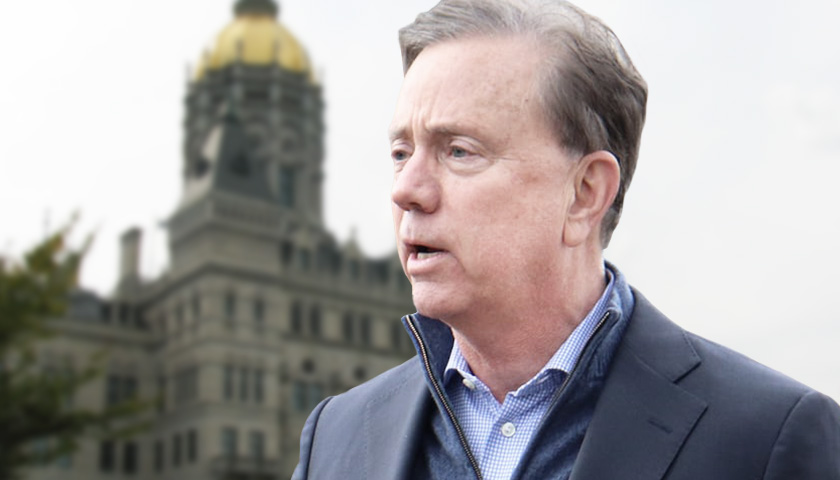by Christian Wade
Gov. Ned Lamont and Connecticut’s legislative leaders have agreed to extend a raft of fiscal reforms that have been credited with helping turn the state’s finances around.
A compromise bill unanimously approved by the state General Assembly late Thursday commits the state government to keep in place several spending “guardrails,” which were approved as part of the 2017 fiscal year budget for at least another five years.
Those fiscal controls include a spending cap that keeps budget expenditures in line with changes in personal income or inflation, whichever may be larger, and a cap on the value of bonds the state government can issue to finance school construction, renovations to public buildings, open space and other capital projects.
Lamont said the move is a “compelling and effective sign to residents, employers, and credit rating agencies that Connecticut is serious about living within our means and saving for the future.”
“One of the smartest actions the state has taken over the past decade has been the enactment of the fiscal guardrails that have provided predictability and stability to our budget process,” the Democrat said in a statement. “Quite frankly, it is one of the reasons why we are operating in a surplus and are in a position to provide tax relief and expand services.”
The legislation also taps into $60 million in federal American Rescue Plan Act funds to continue free school breakfasts and lunches for the remainder of the school year, with federal COVID-19 pandemic related funding expected to expire at the end of the month.
The fiscal guard rails have been credited with helping Connecticut climb out of a financial hole by generating annual surpluses, building up reserves and accelerating payments on the state’s pension debt, which is one of the highest in the nation.
Connecticut ended fiscal year 2022 with a surplus of $1.3 billion, its fourth consecutive year-end surplus for a total of $2.1 billion over that four-year period, according to the state Comptroller’s Office.
Meanwhile, the volatility cap provisions enacted in the 2017 state budget have directed $7.2 billion to the state’s rainy day fund, the Lamont administration says.
Lamont had pushed for a 10 year extension of the fiscal guardrails, but the plan approved by lawmakers Thursday keeps the fiscal controls in place for another five years with the option to extend them by another five years.
Lamont is also pitching a buffet of permanent tax cuts as part of his $50.5 billion budget plan for the next fiscal year, including a reduction in the state’s personal income tax rate.
– – –
Christian Wade is a contributor to The Center Square.
Photo “Ned Lamont” by Office of Governor Ned Lamont. Background Photo “Connecticut State Capitol” by Mamata.mulay. CC BY-SA 3.0.








